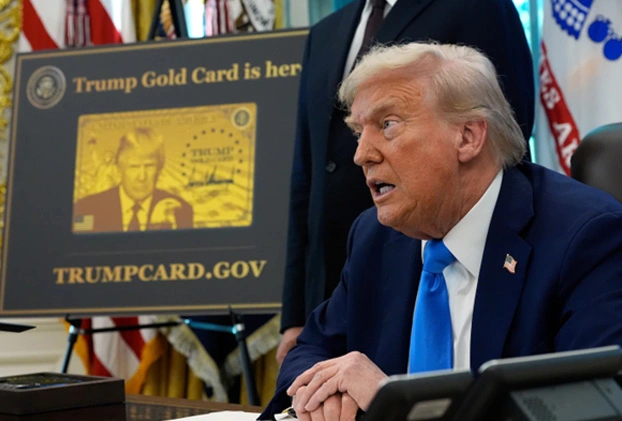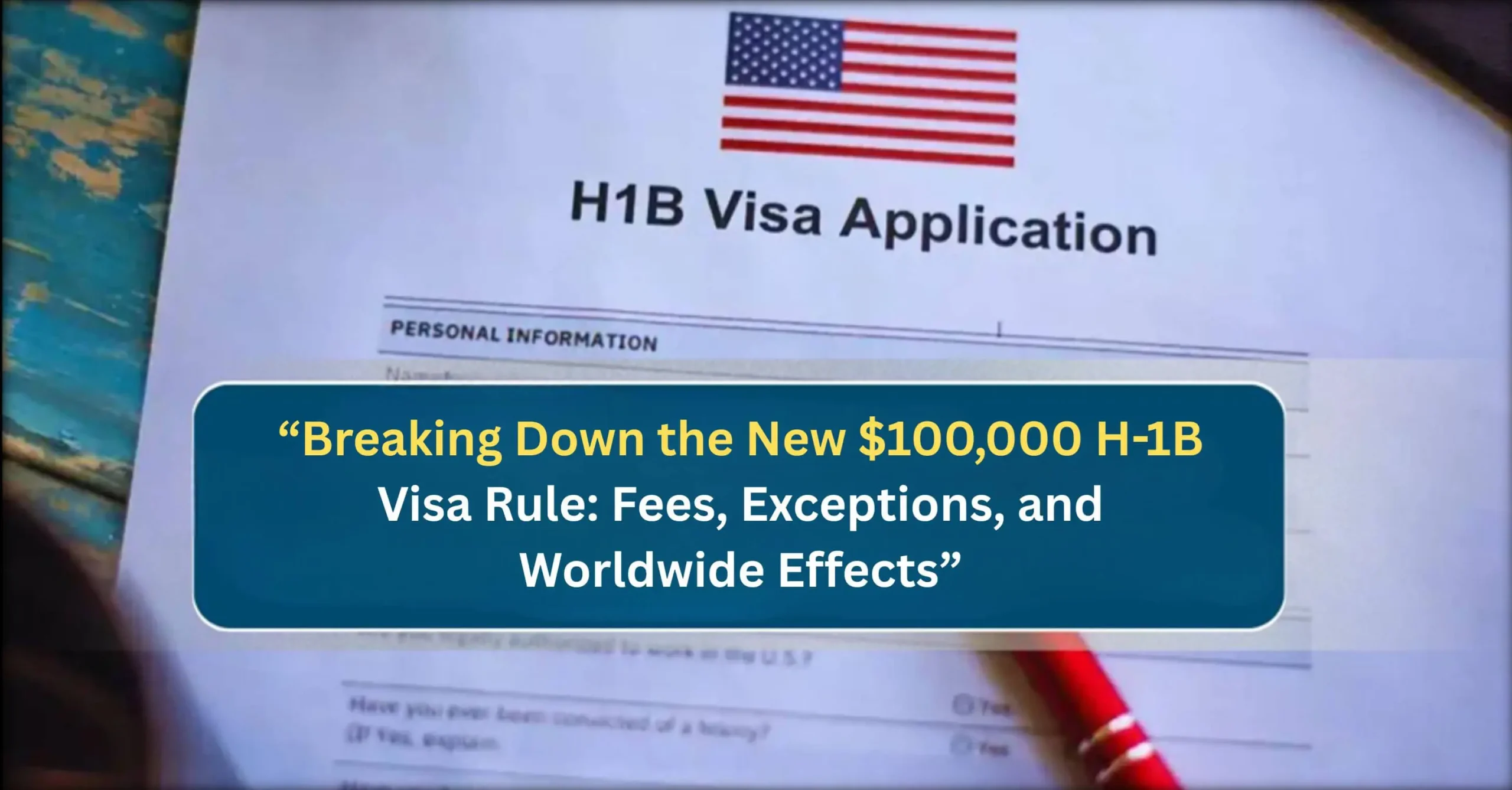In a significant shift in U.S. immigration policy, the Trump administration has introduced a one-time $100,000 fee for new H-1B visa applications, effective from September 21, 2025. This move aims to prioritize American workers by reducing reliance on foreign labor. However, the policy has sparked legal challenges and concerns among businesses that depend on skilled foreign talent.
What the $100,000 Fee Means
Previously, employers paid between $2,000 and $5,000 per H-1B application. The new $100,000 fee is a substantial increase, raising questions about its impact on businesses, especially startups and small to midsize companies. The U.S. Chamber of Commerce has filed a lawsuit against the administration, arguing that the fee is unlawful and exceeds presidential authority AP News.
Exceptions to the Fee
The $100,000 fee does not apply to:
- H-1B petitions filed before September 21, 2025.
- H-1B renewals or extensions with the same employer.
- New H-1B visa stamp applications at U.S. consulates abroad, provided the underlying petition was filed before September 21, 2025.
Additionally, the policy includes a “national interest exception” (NIE) that allows the government to waive the fee under limited conditions. This exception applies when an applicant’s work is considered essential to U.S. national security, supports critical infrastructure, or contributes to the nation’s economic recovery The White House.

Global Impact
The new fee and associated restrictions have implications beyond U.S. borders. Many foreign workers, particularly from countries like India, rely on the H-1B visa to work in the United States. The increased cost and potential barriers to entry may deter skilled professionals from seeking opportunities in the U.S., potentially leading to a talent drain.
Legal Challenges
The U.S. Chamber of Commerce has filed a lawsuit against the Trump administration, challenging the $100,000 fee as a violation of immigration laws. The lawsuit argues that the fee is unlawful, exceeds presidential authority, and violates immigration laws by not aligning with the actual costs of processing visas AP News.
Conclusion
The introduction of the $100,000 fee for new H-1B visa applications marks a significant change in U.S. immigration policy. While the goal is to prioritize American workers, the policy has raised concerns among businesses that rely on skilled foreign talent. The legal challenges and potential impact on the global talent pool highlight the complexities of balancing domestic priorities with the need for international expertise.


